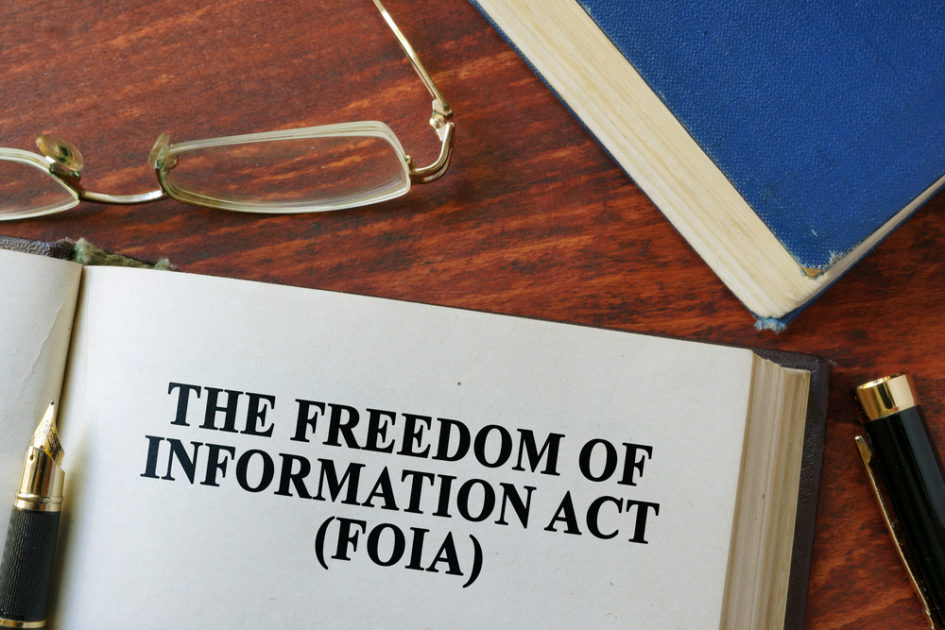In Martinez v. Cook County State’s Attorney’s Office, 2018 WL 1308730 (March 12, 2018), Martinez submitted a FOIA request to the Cook County State’s Attorney’s Office seeking “each instance in which information obtained using a cell site simulator … was used in a criminal prosecution ….” In response, the State’s Attorney’s Office denied the request on the basis that FOIA does not require it to release nonexistent records and, even if the records did exist, compliance would be unduly burdensome because it had no way of determining whether any cases involved the use of a cell site simulator. Martinez sent an email in response to the denial and requested that the State’s Attorney’s Office send emails to every attorney and to conduct a centralized search of emails in order to determine the number of instances. The State’s Attorney’s Office again denied the request as being unduly burdensome. Thereafter, Martinez filed suit alleging violations of FOIA and the trial court granted summary judgment in favor of the State’s Attorney’s Office.
On appeal, the Appellate Court found that Martinez’s FOIA request would require a search for responsive data and the creation of a new record, rather than simply the production of an existing record. The Court made a key distinction when it reasoned that, “A request for a listing or index of a database’s contents that seeks information about those contents, as opposed to the contents themselves, requests a new record.” Therefore, the Appellate Court affirmed the trial court and held that the denial of Martinez’s FOIA request by the State’s Attorney’s Office was proper.
The practical point from Martinez is that FOIA does not require a public body to compile data, answer questions or create records that do not already exist. In this case, rather than requesting the State’s Attorney’s Office to produce copies of emails relating to the use of a cell site simulator in a criminal prosecutions in order for him analyze those emails and attempt to identify all such instances, Martinez’s FOIA request put the burden on the State’s Attorney’s Office to identify those documents, analyze them, and produce a new document summarizing its analysis. This is not permitted under FOIA and any request that would require a public body to do so may be properly denied.
